Indian COAS's Nepal visit: Agnipath Scheme remains elephant in the room
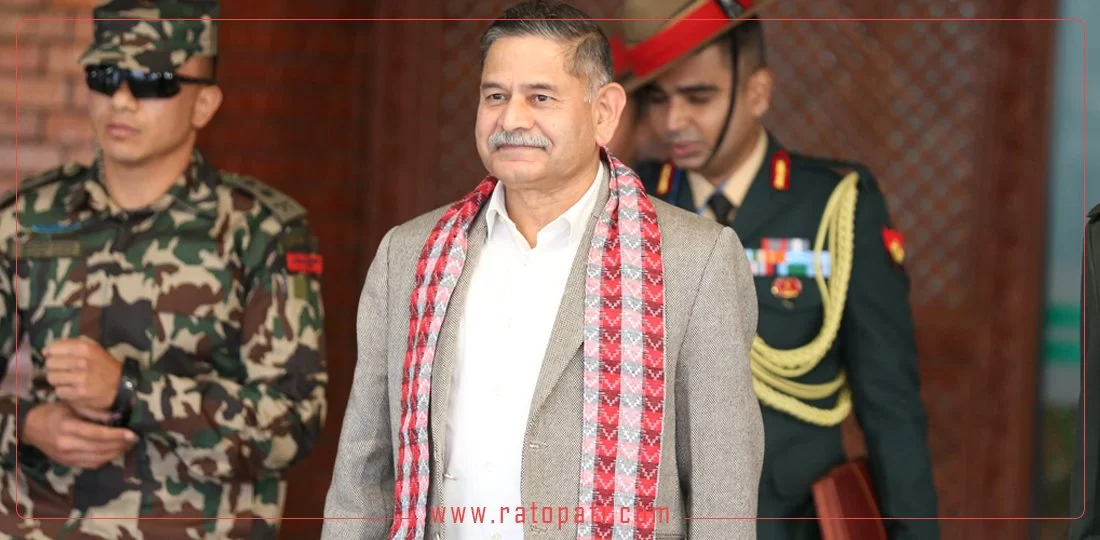
Kathmandu, November 20 — The Chief of the Indian Army, General Upendra Dwivedi, arrived in Nepal on Wednesday for a visit. He is in Nepal to receive the honorary title of Maharathi (Field Marshal) from the Nepal Army.
During his visit, discussions are expected to take place regarding various agreements between the two countries. Dwivedi will stay in Nepal for five days and is also expected to talk about the "Agnipath Scheme" implemented by the Indian Army.
Two years ago, the Indian government introduced the Agnipath Scheme, which has faced objections from Nepal, particularly regarding the recruitment of Nepali youth into the Indian Army. As a result, the recruitment of Nepali citizens, including the recruitment of Gorkha soldiers, has been halted for the past two years.
According to sources, Dwivedi plans to engage with representatives of the Nepal government on this issue. Sources from Ministry of Foreign Affairs confirmed that discussions on the Agnipath Scheme have been ongoing, and this visit aims to resolve the differences. Dwivedi is believed to have brought a proposal to address the disagreement between the two countries.
In addition, the payment for arms and ammunition purchased by Nepal from India remains unsettled. Discussions on this matter are also expected to take place during Dwivedi's visit. The Nepal government has urged India to forgive the outstanding balance, and it is reported that the Indian government is open to the idea of a waiver, but only if the two sides can resolve the broader issues, including the Agnipath Scheme.
Nepal had protested against the Agnipath Scheme when it was introduced in 2022, and the government had urged India to halt the recruitment of Nepali youth into the Indian Army. Previously, every year, a large number of Nepali youth were recruited into the Indian Army. Following the protests in Nepal and India, the Indian government announced that it would revise the scheme. Based on a report from various committees studying the Agnipath Scheme, the Indian government is expected to proceed with amendments.
The Indian Army itself conducted a review of the Agnipath Scheme, and retired Major General Ashok Mehta confirmed that the Indian military suggested revisiting the scheme. He expressed hope that Nepal would also reconsider its position.
When Sher Bahadur Deuba was Prime Minister, the recruitment process for Nepali youth into the Indian Army was suspended under the Agnipath Scheme. Deuba had called for diplomatic discussions with India on the matter, but during his tenure, there was no meaningful dialogue between the two countries. Later, Pushpa Kamal Dahal ‘Prachanda’, the leader of the Maoist Centre, became Prime Minister. While he visited India twice, discussions on the Agnipath Scheme were not prioritized.
Nepali youths have been joining the British Army since 1816, and after India’s independence in 1947, they began enlisting in the Indian Army as Gorkha soldiers. This recruitment followed a tripartite agreement between Nepal, India, and Britain signed in 1947, allowing Nepali youth to serve in the British Army. Under the same agreement, Nepali youth continue to join the British Army, but the recruitment of Nepali citizens into the Indian Army was stopped after the introduction of the Agnipath Scheme.
Nepal has raised demands regarding the extension of the retirement period for soldiers enlisted under the Agnipath Scheme, as well as improvements in service conditions. According to the scheme, 75% of soldiers will retire after four years, with only 25% serving the full term. There have also been concerns raised about the training duration, which is currently limited to 24 weeks. The Indian Army has suggested extending the training to 37 or 42 weeks.
Additionally, there have been calls for providing pensions to soldiers enlisted under the Agnipath Scheme. This demand has been particularly strong from Nepal. Currently, Nepali soldiers in the Gorkha regiment receive pensions after retiring, and there is a growing demand for similar benefits for soldiers enlisted under the Agnipath Scheme. However, at present, those enlisted under the Agnipath Scheme are not entitled to pensions.





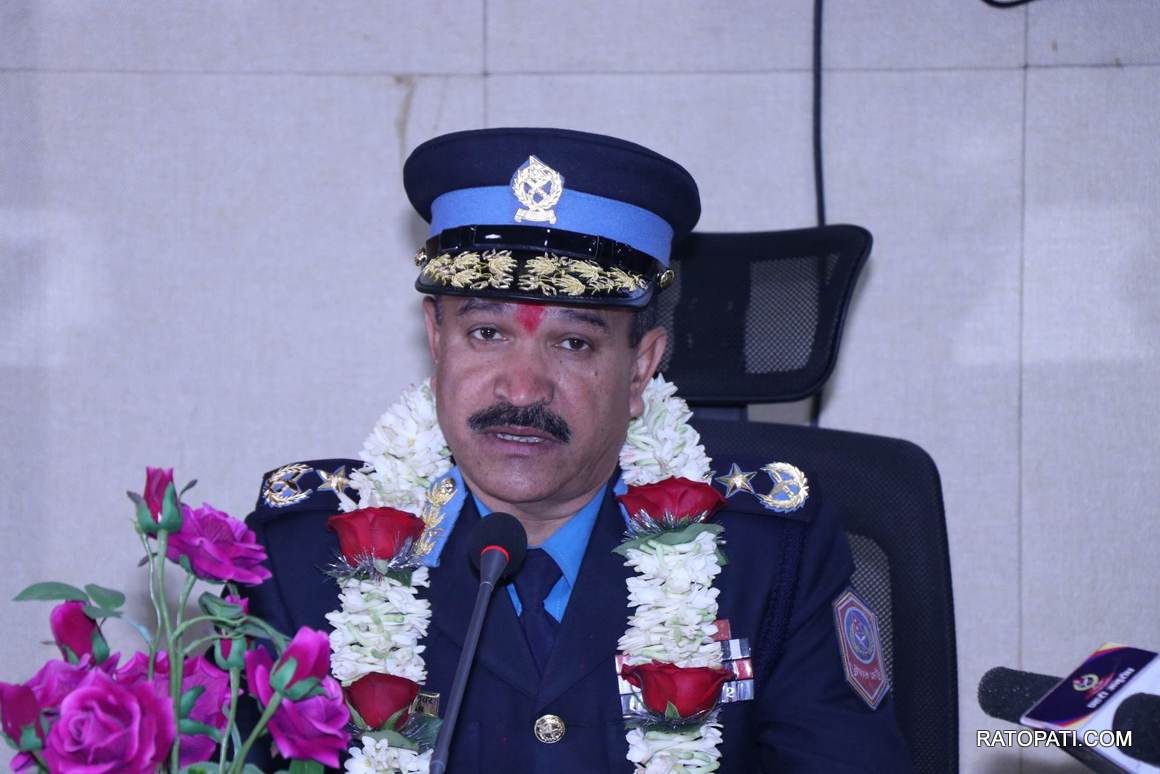
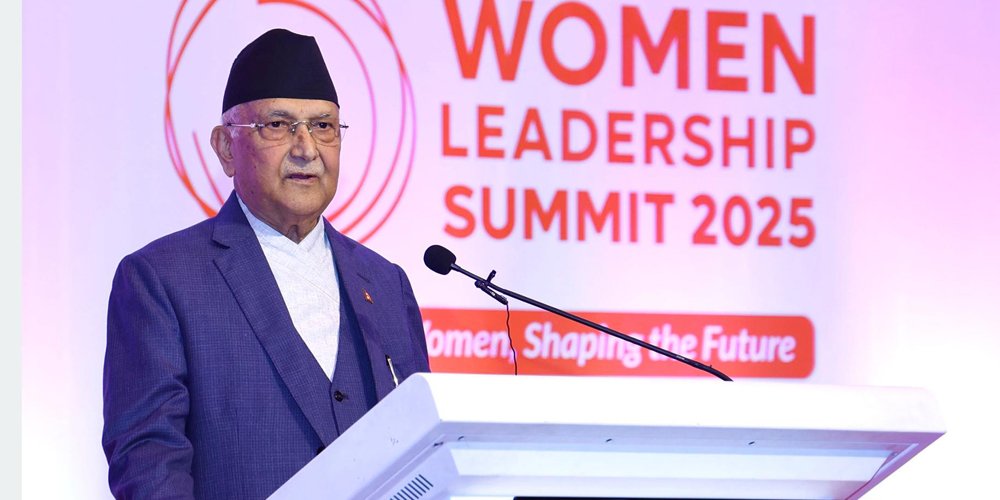
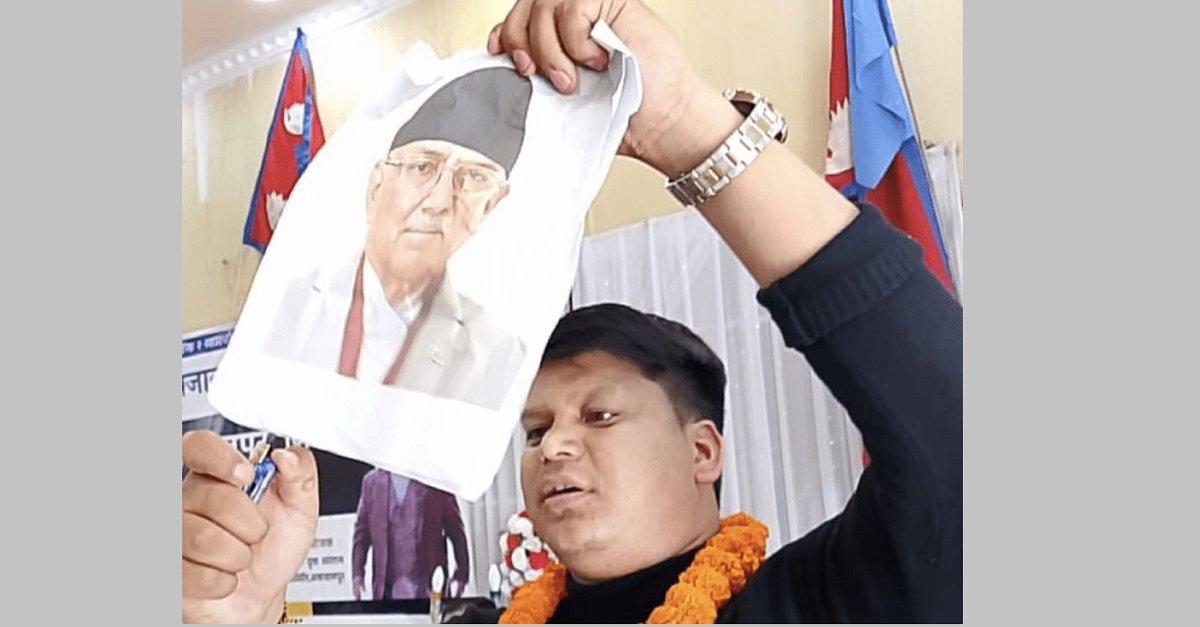
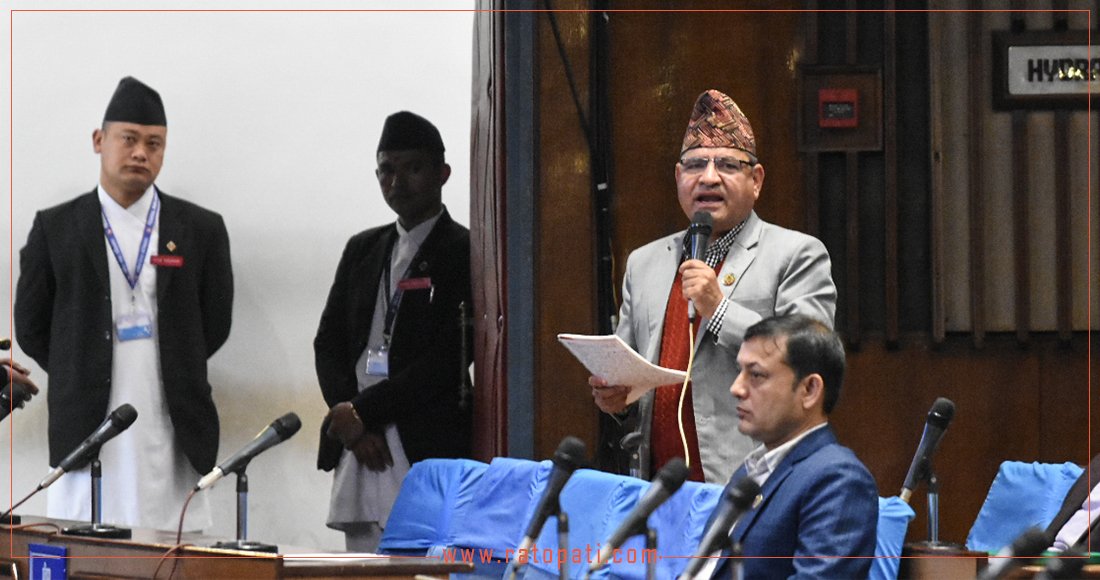
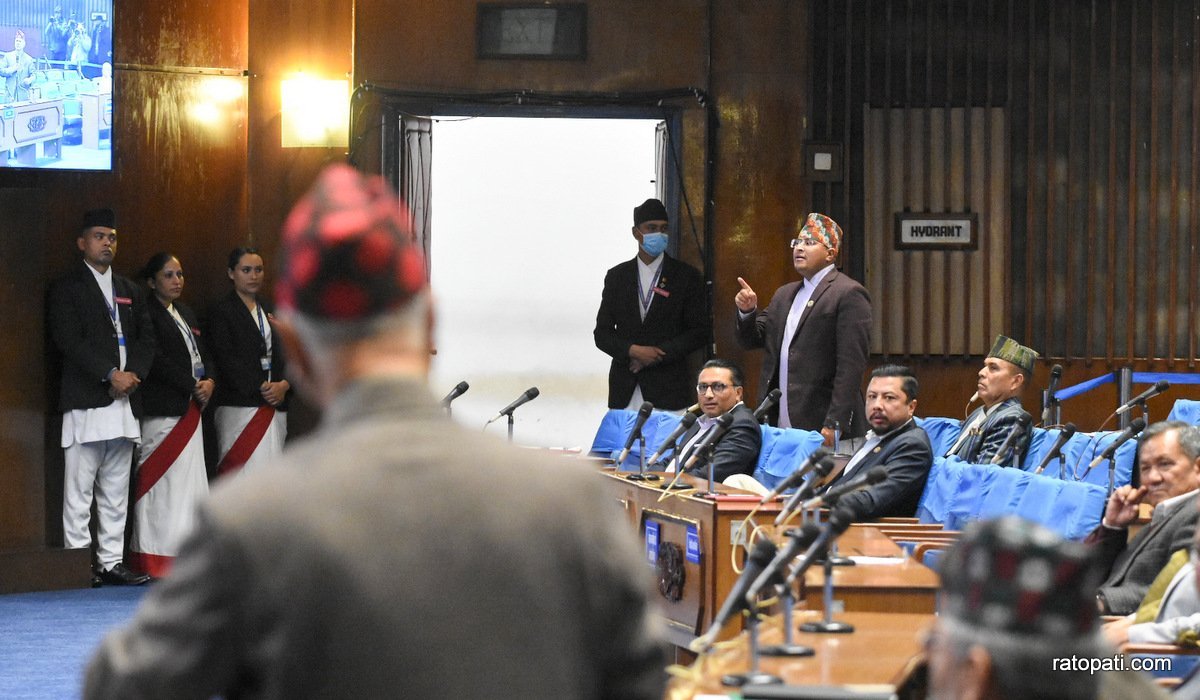
Leave Comment